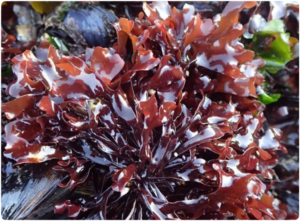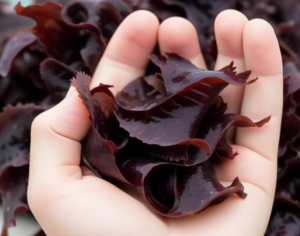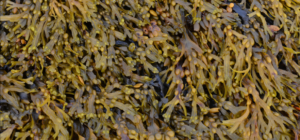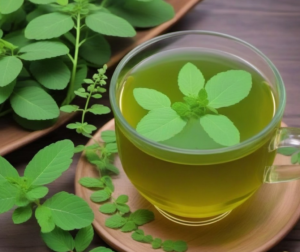Spirulina is a type of algae that supposedly has a lot of various health benefits. We have discussed organic seaweed as well as algae like Irish Sea moss earlier. Similarly, beyond its nutritional value, spirulina also stands out as an environmentally friendly option. Today we will delve into the reasons why spirulina is good for you and the environment.
Nutritional Benefits

Rich in Nutrients
Spirulina is a blue-green algae that packs a lot of nutrition in it. It has essential vitamins and minerals such as vitamin B12, iron, and protein[1]. These play a crucial role in maintaining optimal health and supporting everything from energy metabolism to immune function.
Antioxidant Properties
Spirulina has important antioxidants, such as phycocyanin and beta-carotene which makes it an excellent combatant against oxidative stress[2]. These antioxidants also help neutralize free radicals in the body. As a result, it reduces the risk of chronic diseases and promotes overall well-being.
Detoxification Support
Spirulina has shown promising results in helping in detoxification processes too[3]. It can bind to heavy metals and toxins in the body which might contribute to a cleaner and healthier internal environment.
Potential Anti-Inflammatory Effects
Studies also suggest that spirulina has anti-inflammatory properties that help to provide relief from inflammation[4]. Chronic inflammation is linked to various health issues, and including spirulina in your diet might potentially provide relief.
Weight Management Aid
For those looking to manage their weight, spirulina also offers a nutrient-dense and low-calorie option. The protein content promotes satiety thus helping you control appetite and preventing overeating[5].
With all these health benefits it won’t be difficult to ascertain as to why spirulina is good for you. Now let’s see why Spirulina is good for the environment.
Eco-Friendly Cultivation

Low Environmental Impact
Spirulina cultivation has a significantly lower environmental footprint as compared to traditional crops. It requires minimal water and land resources which makes it a more sustainable option for feeding a growing global population.
Reduced Greenhouse Gas Emissions
Spirulina cultivation also produces fewer greenhouse gas emissions than livestock farming. This is because of its rapid growth and the ability to absorb carbon dioxide. As a result, this leads to a cleaner and more sustainable method of food production. This is one of the compelling reasons why spirulina is good for the environment.
Biodiversity Preservation
The cultivation of spirulina does not compete with traditional agriculture for arable land. This also helps preserve biodiversity by minimizing deforestation and protecting natural habitats.
Water Conservation
Spirulina thrives in alkaline water. Alkaline water is often unsuitable for other crops. This unique characteristic, thus allows for cultivation in areas facing water scarcity and hence promoting efficient water use in agriculture.
Aligning with Green Living and Sustainability

Consuming spirulina also aligns with broader principles of green living and sustainability. Here’s how:
Reduced Land Use
As it is a highly productive crop, it allows for more food production with less land. Thereby encouraging efficient land usage and hence contributing towards sustainable agricultural practices.
Lower Carbon Footprint
When you choose spirulina over other resource-intensive animal products, you help reduce your carbon footprint. Livestock farming is a major contributor to greenhouse gas emissions and while not entirely can be partly replaced by plant-based alternatives like spirulina.
Water Conservation Practices
Given spirulina’s ability to thrive in alkaline water, its cultivation requires less freshwater compared to traditional crops. Embracing spirulina in your diet supports sustainable water management and conservation efforts.
In conclusion, incorporating spirulina into your diet not only offers numerous health benefits but also contributes to a more sustainable and eco-friendly food system. By making mindful choices in our consumption, we can actively participate in building a healthier future for both ourselves and the planet.
Conclusion
So now you know why spirulina is indeed good for you and the environment. It is one of the best choices for those seeking a nutrient-rich superfood. Besides health benefits, it helps our environment in tons of ways. Thus, choosing spirulina not only promotes personal well-being but also contributes to a healthier planet.





